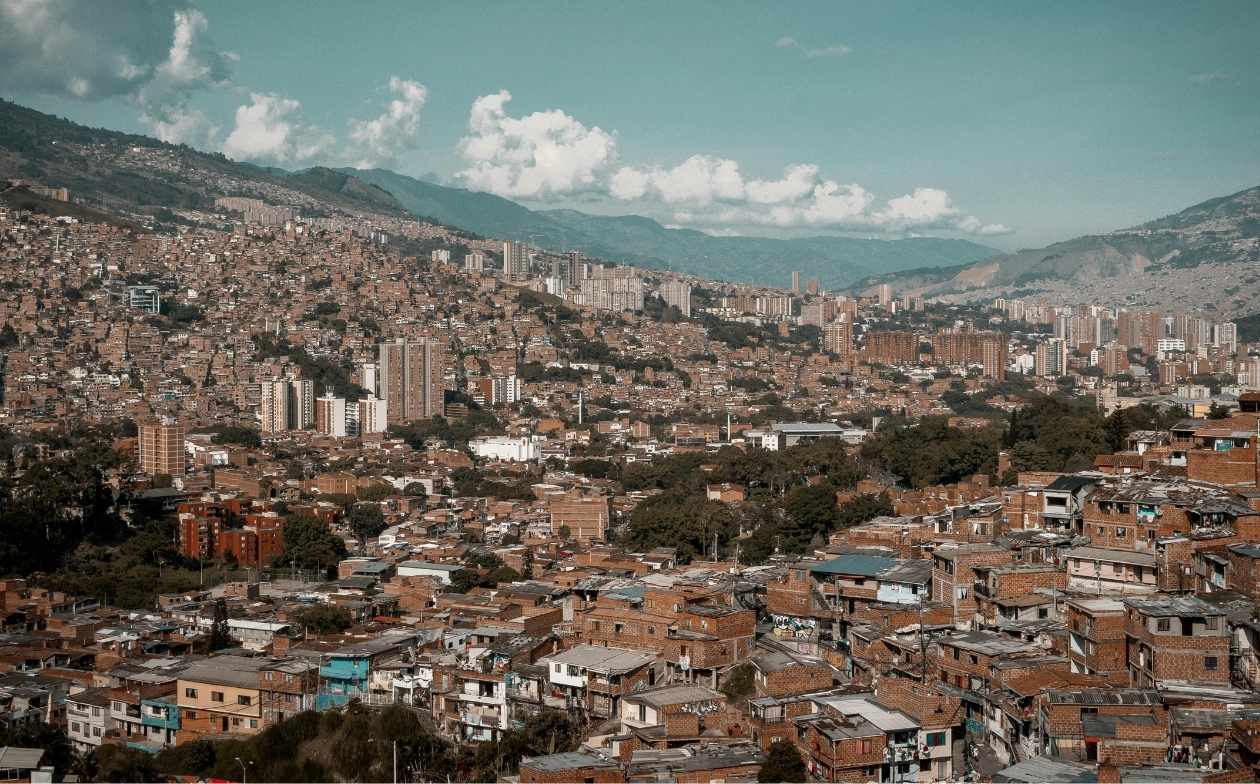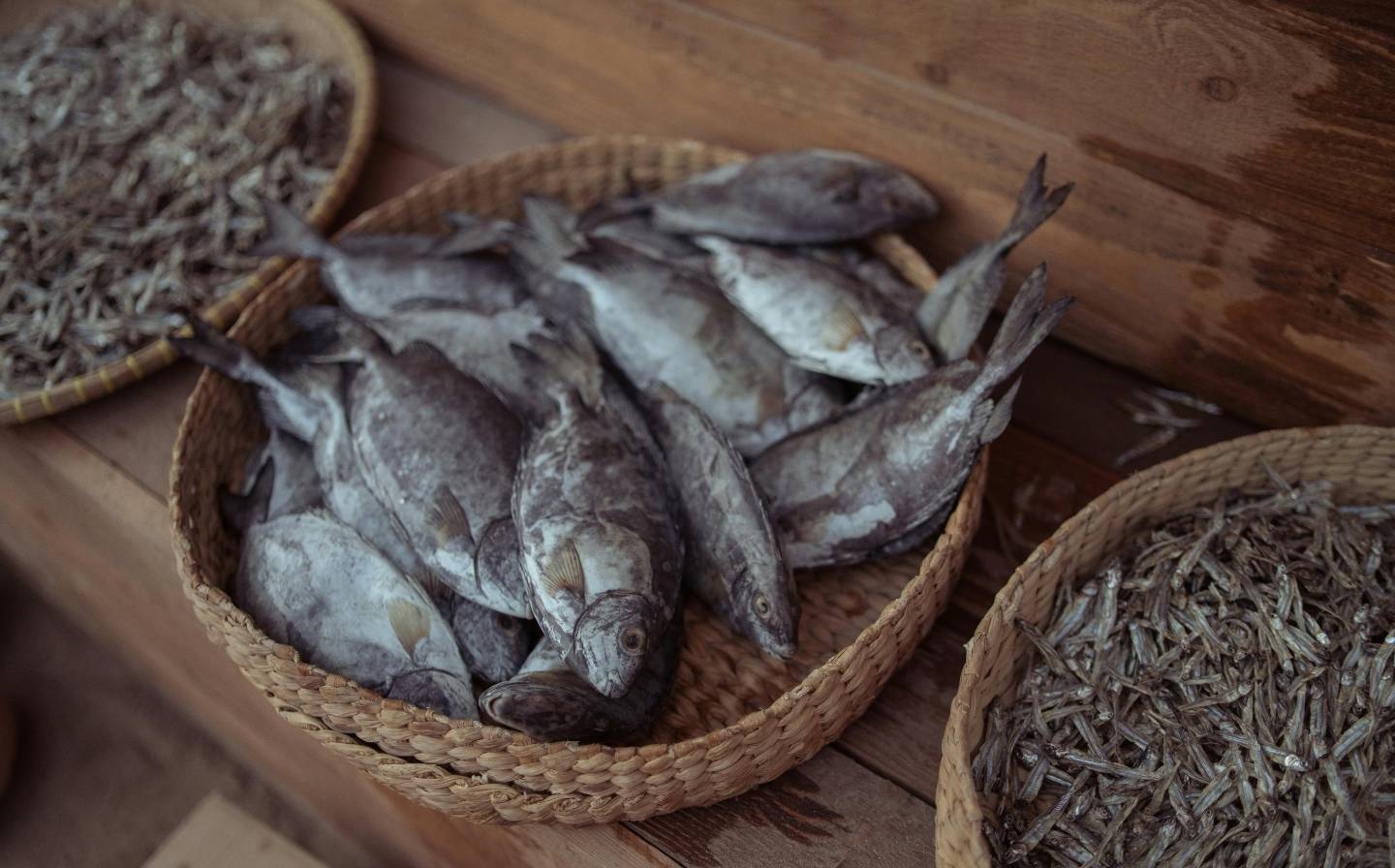In the gastronomic universe of La Makha, culinary excellence and social responsibility are two sides of the same coin. Far from being a marketing trend, sustainability is the fundamental pillar on which every dish, every menu, and every creative decision is built. Here, sophistication is not measured by the extravagance of imported ingredients, but by the depth of the commitment to the land, the communities, and the ecosystems that make this unique experience possible. La Makha proves that true fine dining is, by definition, ethical, local, and regenerative.

1. Philosophy of Origin: Commitment to the Land
La Makha’s relationship with ingredients goes far beyond a commercial transaction. It is a bond of respect, curiosity, and reciprocity. Chef David Suárez Estrada and his team have embarked on a mission that may seem simple but is revolutionary: to personally know the people who cultivate, fish, or raise what will later arrive on their guests’ plates.
Total Traceability: Every ingredient has a story, and La Makha makes sure to know it and tell it. It’s not just about “buying local,” but about building short and transparent supply chains, where quality is valued over quantity and process over the final product.
Rescuing Forgotten Ingredients: A crucial part of their work is recovering varieties of fruits, tubers, and herbs that had fallen into disuse due to industrial agriculture. By incorporating ingredients such as chontaduro, curuba de indio, or cubio into high-end dishes, they not only innovate in flavor but also contribute to preserving Colombia’s agrobiodiversity.
2. Collaborations with Local Agriculture: An Alliance for the Future
La Makha’s sourcing model is based on direct, long-term relationships with producers, cooperatives, and indigenous communities. These alliances are built on fair trade, premium pricing for exceptional quality, and mutual support.
Work with Indigenous Communities: In the Amazon, La Makha collaborates with communities that harvest açaí, copoazú, and camu camu in a wild and sustainable way. The restaurant purchases these superfoods at prices that recognize traditional knowledge and forest conservation.
Support for Small-Scale Farmers: Instead of relying on large supply centers, the team sources from family farms in Cundinamarca, Boyacá, and Antioquia. They know by name the farmers who supply them with baby lettuces, aromatic herbs, and heirloom tomatoes. Many of these farms have transitioned to organic and regenerative practices thanks to the economic and technical incentive of having a stable client like La Makha.
Artisanal and Responsible Fishing: Fish and seafood come exclusively from artisanal fishermen on the Pacific and Caribbean coasts who use selective methods (handline, fish traps) that avoid overexploitation and bycatch. The restaurant adjusts its daily menu according to what the sea offers each season, promoting the consumption of underutilized yet abundant species.


3. Culinary Techniques in Service of Sustainability
Creativity in La Makha’s kitchen also applies to reducing waste. The “nose-to-tail” and “root-to-stem” philosophy is taken very seriously, using techniques that transform what others might consider waste into delights.
Comprehensive Use:
Potato and cassava peels are dehydrated and turned into crunchy chips or powders to thicken sauces.
Broccoli stems and carrot tops are fermented to create pickles or incorporated into umami broths.
Fish bones and heads are roasted to make soups and sauces with intense ocean flavor.
Preservation Techniques: To extend the shelf life of seasonal ingredients and avoid waste, both ancestral and modern methods are employed:
Fermentation: Creation of kimchis with local vegetables, vinegars from ripe fruits, and bean-based miso.
Dehydration: To concentrate flavors and create unique textures.
Preserves and Pickles: Allowing seasonal flavors to be enjoyed year-round.
4. Social Responsibility: Beyond the Kitchen
La Makha’s commitment extends beyond its walls. They understand that their success is inextricably tied to the well-being of the community around them and the ecosystem they depend on.
Training Programs: They offer internships and training to young people from vulnerable communities, teaching not only culinary techniques but also sustainability and responsible business management.
Outreach and Education: Through social media and events, they educate diners about the importance of eating local and seasonal, and about the origins of ingredients. Each dish on the menu comes with a short story mentioning the product’s region of origin and, often, the name of the producer.
Sustainable Design: The restaurant itself was designed with local and recycled materials, water- and energy-saving systems, and a composting program that transforms kitchen waste into fertilizer for the farms that later supply them.
A New Gastronomic Paradigm
La Makha is redefining what it means to be a fine-dining restaurant in Colombia. It demonstrates that the pursuit of sublime flavor can—and must—go hand in hand with respect for people and the planet. Its menu is a map of ethical relationships, its kitchen a laboratory of sustainable innovation, and its success proof that modern diners increasingly value a gastronomic experience with purpose.
By choosing La Makha, you are not only choosing an exceptional dinner; you are supporting a conscious consumption model that values artisanal work, celebrates biodiversity, and contributes to building a fairer, more resilient food system.
Ready to Be Part of This Virtuous Circle?
Your choice as a diner has the power to support dozens of producers and reward responsible culinary practices.
Reserve your table at La Makha and discover how flavor and ethics merge in every bite.



